Have you ever been in the grocery store aisle, staring at a variety of different cooking oil, wondering which oils are healthiest, or which are better to cook, bake, roast, or sauté with? With so many different options available today, it is difficult to know which ones are best. Here are some recommendations to help narrow down which ones may be best for you.

What would your ancestors have used?
Our first recommendation is to think about what our ancestors used years ago, and what was available to them. Sounds funny but one of the biggest health threats when it comes to food is the modern approach of using harmful substances and man-made chemicals.
Back before modern food production people cooked with more natural ingredients including butter, coconut oil, egg yolks, beef tallow and most animal fats. These are all healthy oils to include as part of your diet, along with some others including avocado oil, sesame seed oil, olive oil and ghee.
We recommend avoiding the more modern cooking oils used today such as canola, corn, soybean, safflower, sunflower, rice bran, and vegetable oils. These highly refined oils are very heavily processed and very easily become rancid.
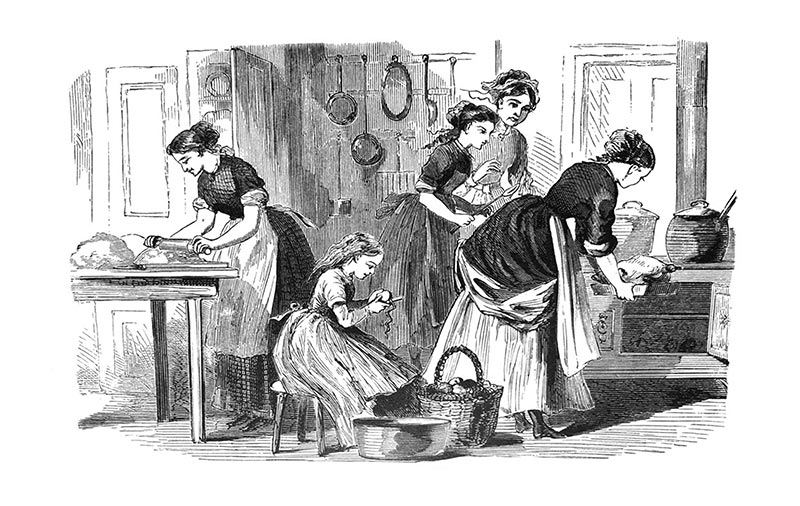
Understanding Smoke Points
This a term you may or may not be familiar with but is especially important when it comes to cooking with oil. Every oil has a specific smoke point, which is the temperature at which it becomes rancid. Antioxidants and fatty acids are destroyed, causing oxidation to occur, creating free radicals which can be damaging to your cells. Down the line, this can lead to the symptoms of cancer and/or heart disease. Highly processed oils have already been heated to high temperatures, causing them to be rancid before they are even in your hands!
Healthy oils with low smoke points are great for salads and salad dressing or drizzled on top of already cooked or baked foods for extra flavors! These oils include olive, sesame, and grape seed oils. Other healthy oils with a higher smoke point can be used with heat, such as butter, ghee, chicken or duck fat, lard, and coconut or avocado oils.
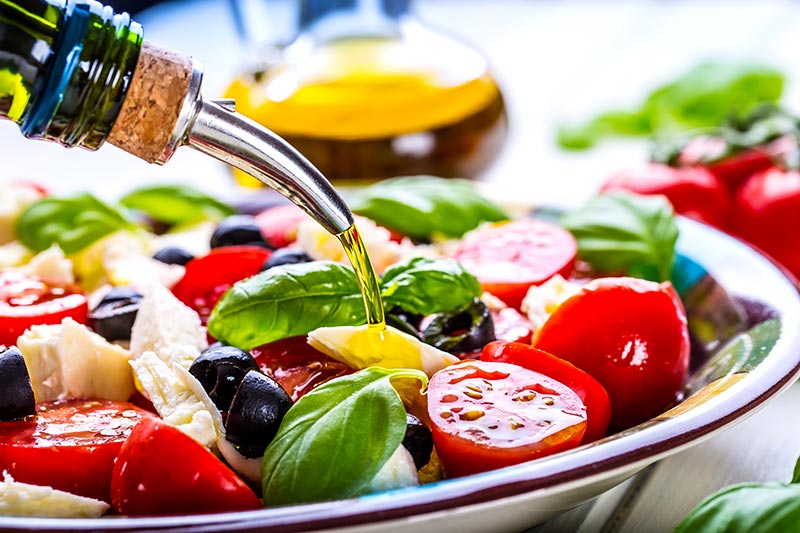
Some oils specify if they are for salads and dressings or for baking and sautéing. It’s important to not use the low smoke point oils for frying.
Oil Storage
Finally, try to purchase oils bottled in dark glass to avoid plastic and too much light exposure. Light can degrade your oil so its also best to be stored in your pantry instead of out on your counter.
Your cooking oils should also be kept in a cool place to maintain freshness. Also be sure to tighten your cap properly since oxygen can also degrade your cooking oil leaving it tasting flavorless and bland.
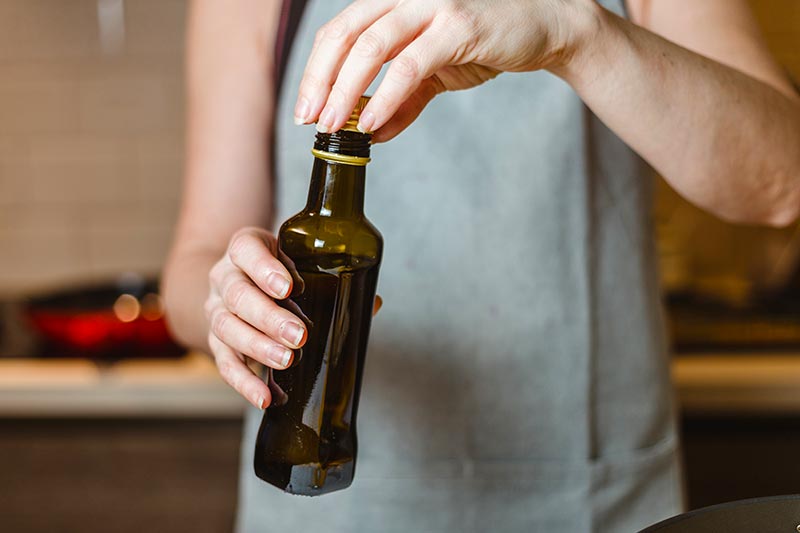
We hope this gives you a quick rundown of what oils are best for your health as well as keeping them fresh and tasting great.



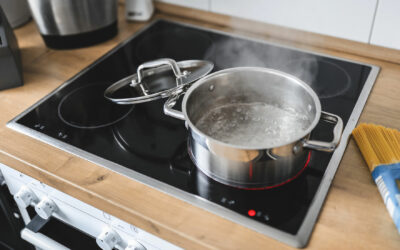



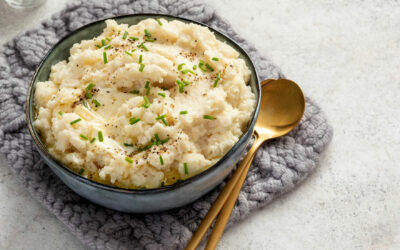


0 Comments